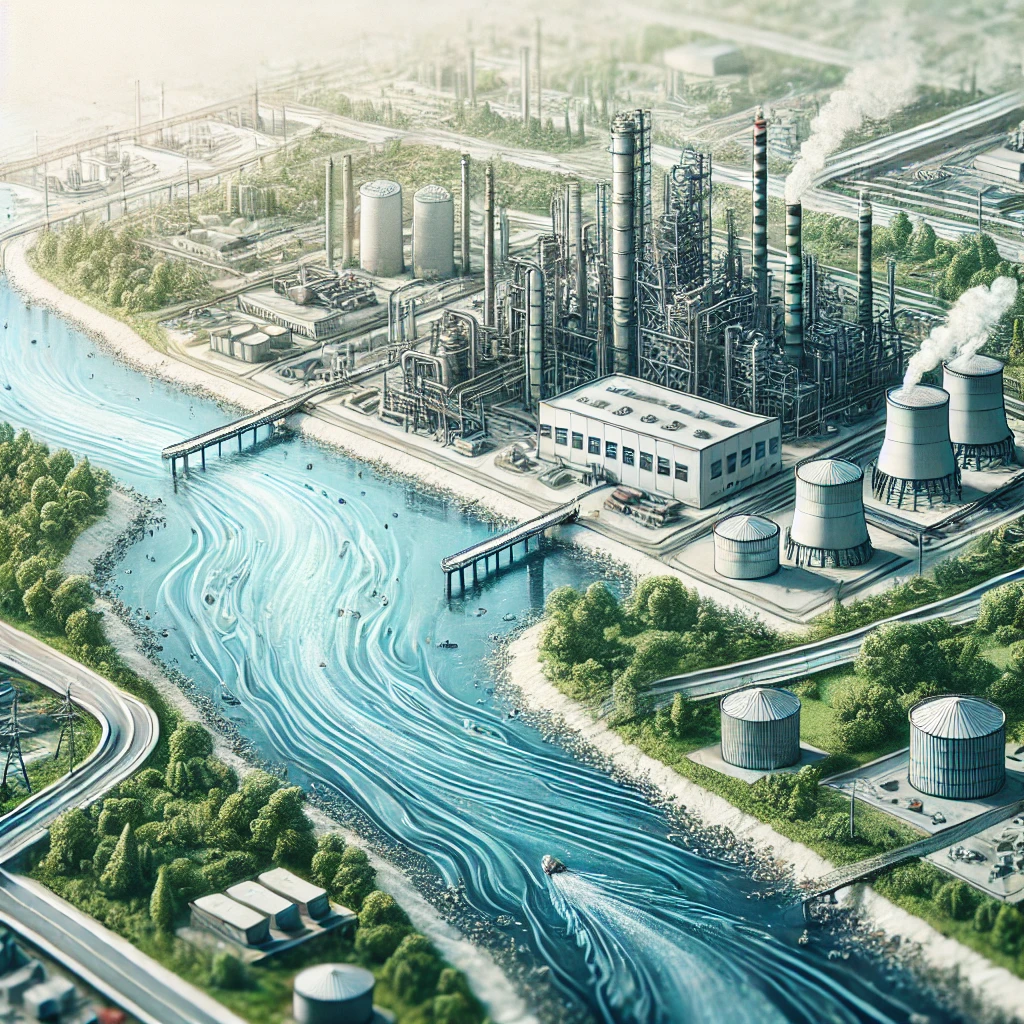Boeing Environmental Violation Case
Environmental advocacy groups have filed lawsuits against Boeing, alleging that the company’s facilities in Washington State have violated the Clean Water Act. Plaintiffs argue that Boeing’s operations have discharged harmful pollutants into local waterways, threatening aquatic ecosystems and public health. The lawsuit specifically targets waste management practices and inadequate treatment of industrial runoff, which allegedly contain hazardous chemicals linked to long-term environmental damage.
These allegations have drawn widespread attention, as the affected waterways are vital for local communities and wildlife. Advocacy groups have called for stricter enforcement of environmental regulations and greater corporate accountability, framing this lawsuit as a pivotal moment for environmental justice in the region.
Is the Case Strong? The case against Boeing appears robust, backed by extensive environmental data and reports from regulatory agencies. Investigations conducted by the Environmental Protection Agency (EPA) and state environmental authorities have identified elevated levels of pollutants, including heavy metals and toxic compounds, in waterways near Boeing’s facilities. This evidence bolsters the plaintiffs’ claims that the company’s practices fail to meet Clean Water Act standards.
Legal experts suggest that the lawsuit’s success will hinge on demonstrating a clear link between Boeing’s operations and the observed environmental harm. Previous rulings in similar cases have held corporations accountable for failing to mitigate pollution, particularly when evidence shows a pattern of non-compliance. If the plaintiffs succeed, Boeing could face significant financial penalties and be required to implement costly remediation measures.
Boeing, on the other hand, may argue that its operations comply with existing permits and that external factors, such as urban development or natural processes, contribute to the pollution levels. The company may also highlight its ongoing efforts to reduce environmental impacts, including investments in cleaner technologies and sustainability initiatives. However, these arguments may not hold up if the plaintiffs can prove negligence or insufficient adherence to regulatory standards.
Who Should Bear Responsibility? Responsibility for addressing this issue lies primarily with Boeing, as the operator of the facilities in question. Companies with large-scale industrial operations have a duty to manage waste responsibly and prevent harmful discharges into the environment. Failure to do so not only violates legal obligations but also undermines public trust.
Regulatory agencies also share accountability for ensuring that corporations comply with environmental laws. The EPA and state authorities must strengthen monitoring and enforcement mechanisms to prevent similar incidents. Public advocacy and community involvement are equally important in holding corporations accountable and pushing for stricter environmental protections.
The Boeing environmental violation case underscores the importance of balancing industrial growth with ecological preservation. As one of the largest aerospace manufacturers in the world, Boeing’s actions carry significant weight, both in terms of environmental impact and public perception. The outcome of this lawsuit could set a precedent for how corporations manage their environmental responsibilities in the future.
If the plaintiffs succeed, the case could lead to stricter regulations and increased oversight of industrial facilities, not just in Washington State but nationwide. For Boeing, a ruling against the company would signal the need for more robust sustainability practices and a renewed commitment to environmental stewardship.
Ultimately, this case serves as a reminder that corporate success must not come at the expense of ecological health. By addressing these challenges proactively, industries can contribute to a more sustainable future while maintaining their economic viability. The Boeing lawsuit represents a critical opportunity to reaffirm the importance of environmental justice and accountability in the modern era.


